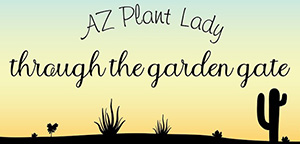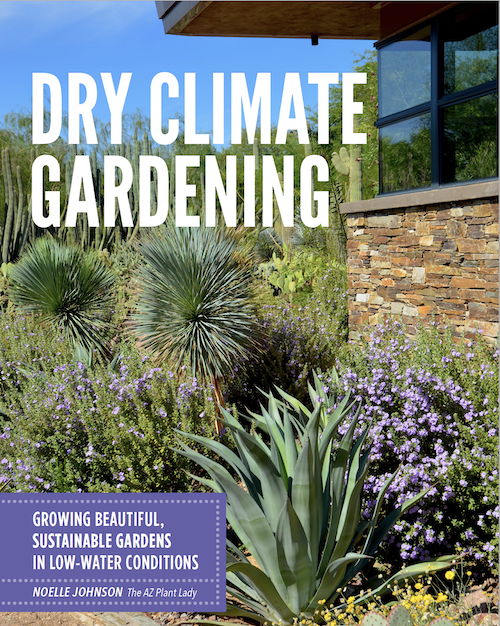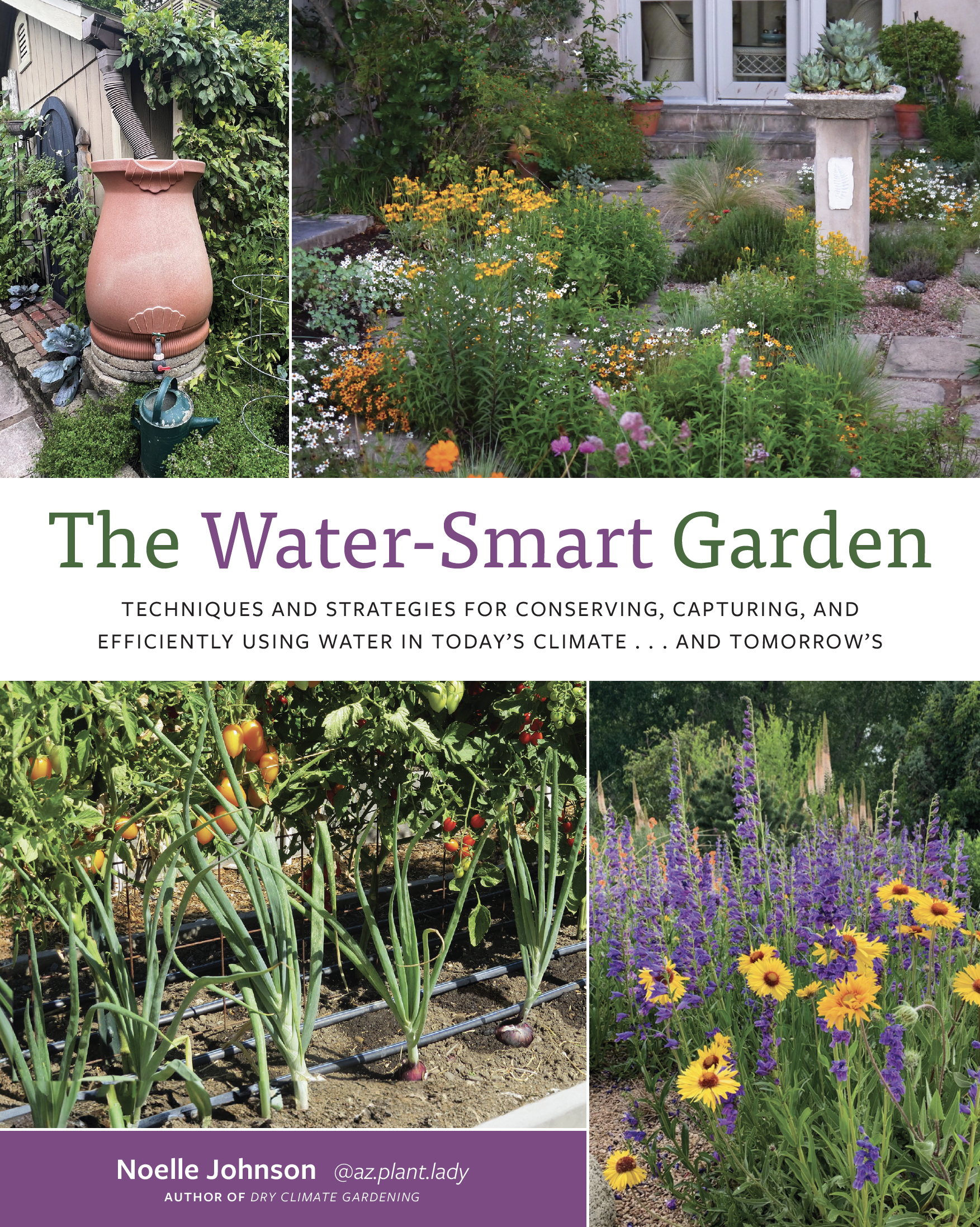Whenever I look back on my garden travels, I find that my favorites tend to be the smaller ones with more of a personal feel. Ones that I can take my time walking through without feeling like I have to hurry in order to see the entire garden.
Recently, I visited a small garden run by Washington State University that is located in Mount Vernon, WA. The WSU Discovery Garden was designed by master gardeners and divided up into multiple smaller-themed gardens filled with creative elements.

Last week, I shared with you about some of the themed gardens, including the Four Seasons, Herb, Naturescape, Shade as well as the composting area along with its ‘Yuck Bin’.
While these gardens were fun to explore, I’ve saved the best for last!

I am a strong proponent of teaching children the joys of gardening, so I was especially excited to explore the Children’s Garden.

The gateway to the garden started down a ‘yellow brick road’ through an archway with weeping mulberry growing on it, creating the impression of entering through a green tunnel into a land of make-believe.

The curving pathway that ran down the center of the garden, included the game of ‘hopscotch’. I confess that I had an overwhelming impulse to hop down the pathway, but restrained myself. But, it did bring back memories of playing hopscotch on the playground when I was in elementary school!

For those who may be unfamiliar with the rules of ‘hopscotch’, there were helpful instructions.

Other areas in the garden included a small playground set and a bench that encircled a small tree.

Two vertical gardening towers stood sentinel in the center of the garden and were planted with strawberries and carrots.

In the corner of the Children’s Garden, sat Alice with the Queen of Hearts and the Mad Hatter.

An unusual ‘hotel’ was sitting off to the side. This insect hotel has lots of nooks and crannies for solitary bees and other pollinating insects to stay. In addition, insects that stay in the ‘hotel’ also help to keep damaging insects away from the garden.

Insect hotels are typically made up of scrap bits of wood and hollow bamboo reeds.
This hotel was quite fancy and had a roof planted with hen and chicks succulents.

A giant checkerboard beckoned kids (& adults) to try their hand at a friendly game.

Of course, instructions were also included.


Visitors strolling along the ‘yellow brick road’ must pass underneath an arch with a flying monkey keeping watch.

The next garden on our tour was the Enabling Garden.
The word “enabling” means to “give someone the means to do something”, which is exactly what this garden does. It gives people with disabilities the means to garden.

This garden bed was created for those who are visually impaired.

It’s filled with a variety of plants along with rock to provide a variety of textures that are experienced primarily through touch.

The velvety feel of lamb’s ear is a favorite of many gardeners and I find myself always reaching out to touch their leaves.
White rock is used to create small planting islands and helps visually impaired visitors to experience the separate planting islands in the raised bed.

A collection of ‘hens & chicks’ add spiky texture that can be touched safely.
A variety of mosses also grew in the garden.

This raised bed was built with a sitting ledge around it, which makes it easier for those who have trouble standing or bending over to garden. With this type of bed, you can simply sit on the edge and tend to the garden.
I have several clients who have had raised beds built since they can no longer bend down to garden for a variety of reasons.

At first glance, can you tell how this planting bed can be enabling?
Note the empty area underneath the bed – can you see how it would make someone who was wheelchair bound or uses a walker be able to get up close to garden?

Besides having garden beds to enable people with disabilities to garden, there was a helpful display with a variety of gardening tools that can make gardening easier.

Each tool had a description of how it can help make routine gardening tasks easier, which is helpful for those with disabilities and even those who don’t.

Photo: 2010
The display of enabling gardening tools spoke directly to my heart as a mother of a child with disabilities.
My son, Kai, has a disability that affects his joints, which makes everyday tasks difficult. He loves to help me in the garden, but even using a pair of hand pruners is hard for him to use correctly.

Photo: March 2006
In Kai’s short life, he has had several operations, which have left him wheelchair bound for weeks at a time and having a place where he could enjoy everyday activities, such as gardening, would be a blessing.
You can read about Kai’s story here.

Walking through the garden, I noticed a sign pointing off to the outer area of the garden toward the Native Plant Garden.

Being in the Northwest, you can imagine that the path through patches of lush greenery.

As a landscape consultant, I hear of people’s frustration at trying to grow certain plants.
No matter where you live – the desert, jungle or in the Arctic Circle – the easiest way to garden is to grow plants that are native to your area.

The next best thing is to grow plants that are adapted to your area, which are native to climates similar to yours.

If you follow that simple piece of advice, you will enjoy a beautiful garden with a minimum of work since the plants will thrive with little to no attention because they are adapted to your climate.

When traveling, I always like to take time to learn more about the native plants that grow there.

Walking back toward the main areas of the garden, we passed by the Meadow Garden.

The garden consisted of grasses and wildflowers.

Throughout the year, you’ll find different flowers in bloom.

The last garden we visited was the Vegetable Garden.
However, it wasn’t just anyone’s vegetable garden…

It belonged to an infamous gardener.

Mr. McGregor’s garden was a good-sized plot filled with a variety of vegetables, including some that I decided to try in my garden in the fall.


This lovely row of leafy greens are green and purple spinach. I didn’t know that there was such thing as purple spinach. But, I do like to add unexpected color in my garden and so I will be sure to add this to my garden.

Garlic was growing nicely and would be ready to harvest in a month. You can tell when it is ready to be harvested with the outer leeaves begin to yellow and turn brown.

This crop caught my eye.
Can you tell what these are?
Potatoes!
To be completely honest, I’ve grown them a few times, but it is a lot of work for only a few potatoes in my desert garden so I don’t plant them anymore.

A healthy crop of sugar snap peas were in full flower.

I particularly love the color and shape of their flowers, don’t you?
This is one crop that I do plant each year.

An old wheelbarrow planted with radishes caught me eye as did the watering can with its strawberries.
My brother-in-law found an old, rusty wheelbarrow for my garden and I can’t wait to plant it!
It was obvious that Mr. McGregor took very good care of his garden and it was well fenced in.

But, that didn’t keep a particular rabbit from getting in 🙂
Thank you for joining me on a tour of this special garden. If you ever find yourself driving north of Seattle, toward Vancouver, take an hour and visit – you won’t be disappointed!
****************************
On another note, we just returned from a weekend trip to Southern California where we visited my daughter, Rachele, who is stationed there in the Navy.
While we always have fun visiting her, it is even more so now because we also get to spend time with our new grandson!

He is absolutely darling and smiles more than any baby I’ve ever seen. He is one happy baby!

When we visit, we are able to stay on the Navy base with our daughter in her townhouse, which makes visiting her easier and less expensive than having to stay in a hotel.
As often occurs whenever we visit, we usually find ourselves driving the short distance to Santa Barbara. This California city is not only a beautiful place to visit, but it also holds a special place in my heart since it is where I met my husband in college.
We are back home now but look forward to seeing Rachele and her son, Eric, next month when they come out to visit us 🙂









